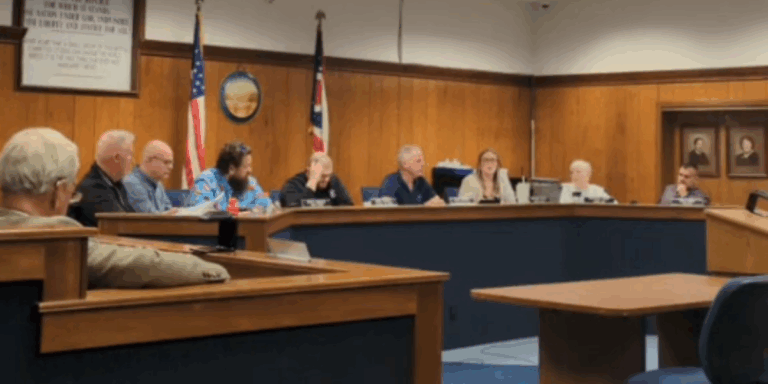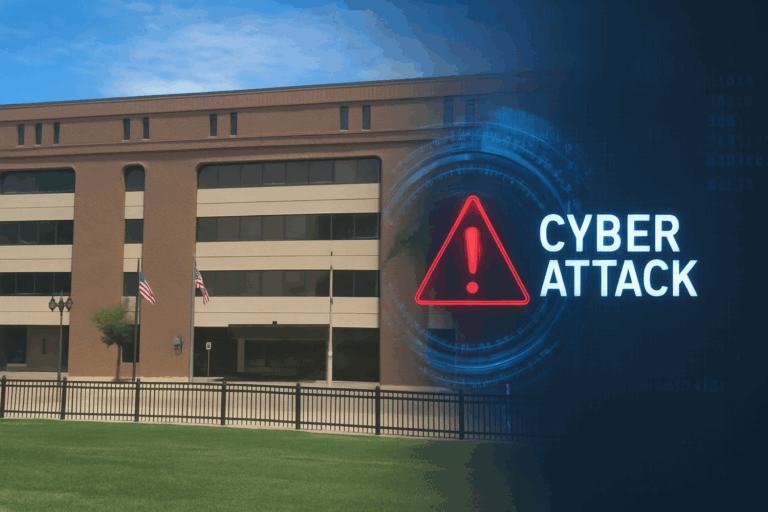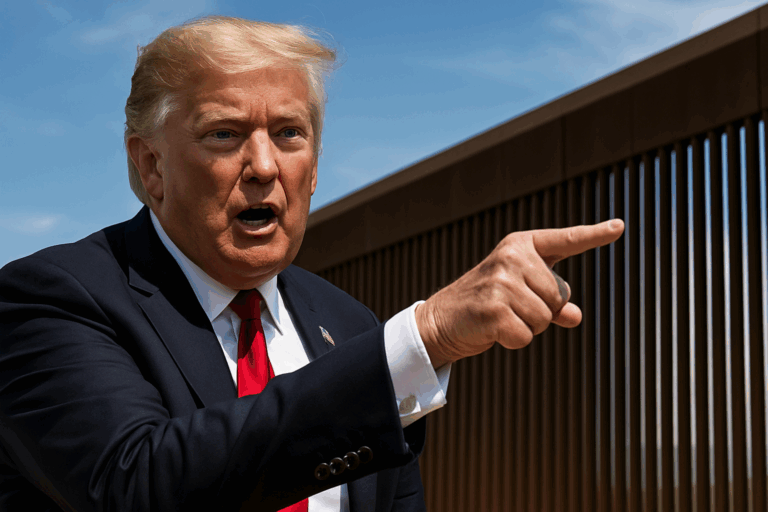
Washington, D.C. — In a decision with far-reaching implications, the U.S. Supreme Court has allowed the Trump administration to proceed with ending humanitarian parole protections for more than half a million immigrants from Cuba, Haiti, Nicaragua, and Venezuela.
The Court issued a brief order on Thursday lifting a lower-court injunction that had temporarily blocked the administration’s efforts to terminate the program. The ruling clears the way for federal authorities to begin removing parole protections that were originally granted under humanitarian grounds to individuals fleeing crisis conditions in their home countries.

No Explanation, But Deep Impact
As is common in emergency docket decisions, the Supreme Court did not provide a written explanation. However, Justices Ketanji Brown Jackson and Sonia Sotomayor dissented, warning of the significant human toll the decision could impose on affected individuals and families, many of whom have lived in the United States for years under legal parole status.
The decision is expected to impact as many as 530,000 immigrants, including 350,000 Venezuelans whose parole was previously upheld under lower court rulings. Without protection, many now face the possibility of detention and deportation.
Background on Humanitarian Parole
Humanitarian parole grants temporary permission for individuals to enter and remain in the United States due to emergency circumstances. It is not a path to permanent residency but is often renewed on humanitarian grounds. The Biden administration had previously expanded the program to respond to ongoing humanitarian and political crises in Latin America.
The Trump administration argues that parole is inherently temporary and revocable. The move to end these protections is being framed as a return to “law and order” immigration enforcement by administration officials.
What’s Next?
The case now heads back to the 1st U.S. Circuit Court of Appeals in Boston for further proceedings on the underlying legal arguments. Meanwhile, immigrant advocacy groups are mobilizing in response, urging Congress and the administration to create a more permanent solution for those affected.
For now, individuals under humanitarian parole are being advised to consult legal counsel as DHS guidance evolves in the wake of the ruling.





